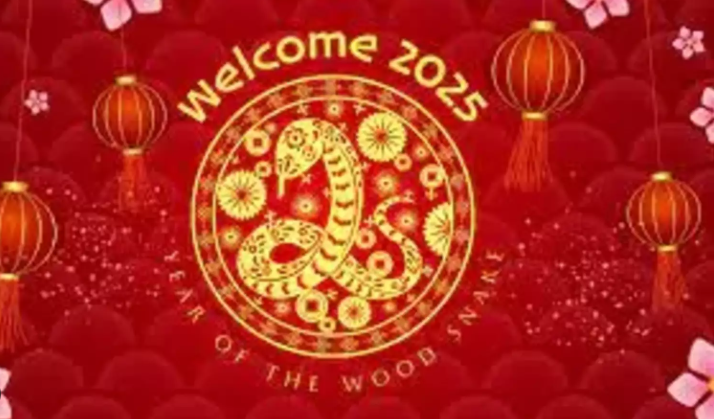On August 25, Miley Cyrus released her highly anticipated single, “Used to Be Young,” a deeply personal and emotional track that explores her journey from child star to adult artist. The song has resonated with fans, offering a reflection on her past, fame, and how she has evolved over the years. Accompanied by heartfelt lyrics, “Used to Be Young” marks another milestone in Cyrus’ career, as she continues to open up about the challenges of growing up in the public eye.
Before the song’s release, Cyrus shared the handwritten lyrics on Instagram, giving fans a glimpse into the emotional depth of the track. She explained that the song had been in the works for nearly two years and was written during a period when she felt misunderstood. “Although my work is done, this song will continue to write itself every day. The fact it remains unfinished is a part of its beauty. That is my life at this moment—unfinished yet complete,” she wrote in her Instagram caption.
Fans quickly responded with overwhelming support and appreciation for the new track, especially those who have followed her career from her early days as Hannah Montana. One fan commented, “This single hits different for those who’ve been there since the beginning.” Another referenced her Disney past, quoting her song from the Hannah Montana era, “You’ll Always Find Your Way Back Home.”
The release date, August 25, holds personal significance for Cyrus. Leading up to the release, she explained in a teaser video that this date had been historically important in her life and career. One reason is her well-known relationship with actor Liam Hemsworth. On August 25, 2010, Cyrus and Hemsworth reportedly split for the first time, years before their final divorce in 2020. Additionally, on August 25, 2013, she released her controversial hit “Wrecking Ball,” which is widely believed to be about Hemsworth. The music video for “Wrecking Ball” generated massive attention, featuring Cyrus swinging naked on a wrecking ball. The same day, she made headlines for her provocative performance at the MTV Video Music Awards with Robin Thicke, where she infamously twerked on stage.
In a May interview with British Vogue, Cyrus opened up about how the controversy surrounding her during that time affected her. “I carried some guilt and shame for years because of the upset I caused. Now, as an adult, I realize how harshly I was judged. I would never harshly judge a child the way I was judged when I was young,” she said.
The lyrics of “Used to Be Young” reflect her feelings about growing up in the spotlight and the public’s perception of her. The opening lines address how the world still holds onto the image of her as a young Disney star:
“The truth is bulletproof, there’s no Fooling you… I don’t dress the same Me + who ya say I was yesterday Have gone our separate ways.”
Here, Cyrus seems to acknowledge the public’s tendency to see her as the child star she once was, despite her efforts to separate herself from that image. The lines “Me + who ya say I was yesterday / Have gone our separate ways” could represent her desire to move beyond her past.
As Cyrus transitioned into adulthood, particularly with the release of “Wrecking Ball,” there was widespread criticism of her more mature and provocative image. However, “Used to Be Young” shows that these choices were part of her growing process. In the line “I don’t dress the same,” Cyrus could be referring to how her changing style upset those who wanted her to remain the innocent girl they remembered from her Disney days.
The chorus of the song offers a clear reflection on how her youthful actions were often misunderstood:
“I know I used to be crazy I know I used to be fun You say I used to be wild I say I used to be young.”
In these lines, Cyrus acknowledges that the public viewed her as wild and rebellious, but she reframes these perceptions by reminding listeners that she was simply young, learning, and figuring herself out. She openly reflects on her past behavior without regret, understanding that it was a natural part of growing up. The repeated line, “I used to be young,” seems to serve as a defense of her actions, explaining that much of her behavior was a result of youthful exploration, rather than deliberate attempts to shock or provoke.
Cyrus continues this theme of self-acceptance throughout the song, especially in the chorus’ concluding lines:
“You tell me time has changed me That’s fine, I’ve had a good run I know I used to be crazy That’s cause I used to be young.”
Here, she embraces the idea that people change with time and experience, and she’s at peace with her past. Cyrus recognizes that she was once perceived as wild, but emphasizes that it was all part of her growth.
“Used to Be Young” offers a window into Miley Cyrus’ personal reflections, showing how far she’s come since her Disney days and the lessons she’s learned along the way. The song speaks not only to her own experiences but also to anyone who has faced the complexities of growing up, especially under intense public scrutiny. For fans who have followed her journey, the track serves as a poignant reminder of how much Cyrus has evolved, while still cherishing the past that made her who she is today










